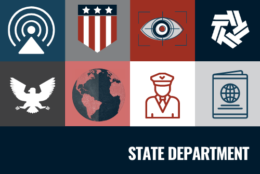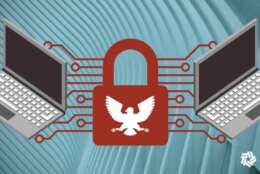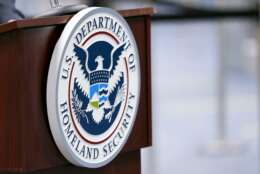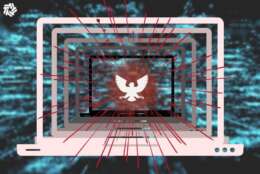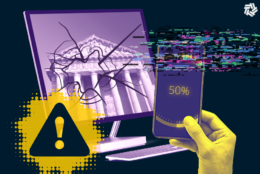Cybersecurity
-
The new year brought the opening of a new office at the State Department. It's called the Special Envoy for Critical and Emerging Technology. It has a list of responsibilities.
January 13, 2023 -
A non-profit think tank known as the Institute for Critical Infrastructure Technology assembled the thinking of more than 50 thinkers in both cybersecurity and infrastructure. The result is a book that is intended to inform the thinking of both government officials and operators with responsibility for critical infrastructure.
January 12, 2023 -
The Cybersecurity and Infrastructure Security Agency is keyed in on "cyber safety" to start 2023.
January 11, 2023 -
In today's Federal Newscast: Bad computer password practices could lead to phishing attacks at the Interior Department. 2022 Unclassified Defense Department procurement spending nearly hits an all-time high. And the penalty for unethical feds could hit over $70,000.
January 09, 2023 -
The past two years have catalyzed a fundamental shift in the way that government organizations need to think about security. COVID-19 introduced the need to securely enable remote work, an ongoing ransomware epidemic shows no signs of slowing down, and the Russian-Ukrainian conflict has stoked concerns of nation state attacks.
January 06, 2023 -
But a new national cyber strategy is just the tip of the iceberg for what to expect from federal cybersecurity policy in 2023.
January 06, 2023 -
The federal government is in the middle of a once-in-a-generation overhaul of network protection, propelled by presidential executive orders mandating a switch from perimeter-based security to zero trust architecture. Agencies must include application security (AppSec)…
January 05, 2023 -
So-called black swan events seem to be happening in flocks. The pandemic, the Russian invasion of Ukraine, earthquakes and floods. For government, it all adds up to the need for resilience and preparation.
January 05, 2023 -
How are you evolving your cyber strategy to ensure data security no matter where your data resides and how your users access it – on premise, in the cloud, in stream, at the edge? Learn the latest cyber strategies and tactics from experts across industry during our exclusive event.
January 05, 2023 -
The spending bill also cuts the Biden administration's request for the Homeland Advanced Recognition Technology system.
January 02, 2023 -
Shawnte Singletary, the deputy director of the Division of Security and Privacy Compliance in the Office of Information Security and Privacy Group at CMS, said the desire for software-as-a-service is driving new security assessments.
January 02, 2023 -
DoD pursues multiple paths to hire a new cybersecurity workforce including scholarships and a reserve program.
December 30, 2022 -
Current and former federal technology experts offer their take on why House lawmakers will be more active with oversight and what are some of the emerging hot topics over the next 12 months.
December 29, 2022 -
It’s not enough to support an application after its release to keep it secure. Security must be top of mind throughout an application’s development. That is core to the model of DevSecOps.
December 28, 2022 -
Current and former federal technology executives say software supply chain security emerged as one of the biggest challenges last year given both the attention by the White House and ongoing cyber concerns.
December 28, 2022

